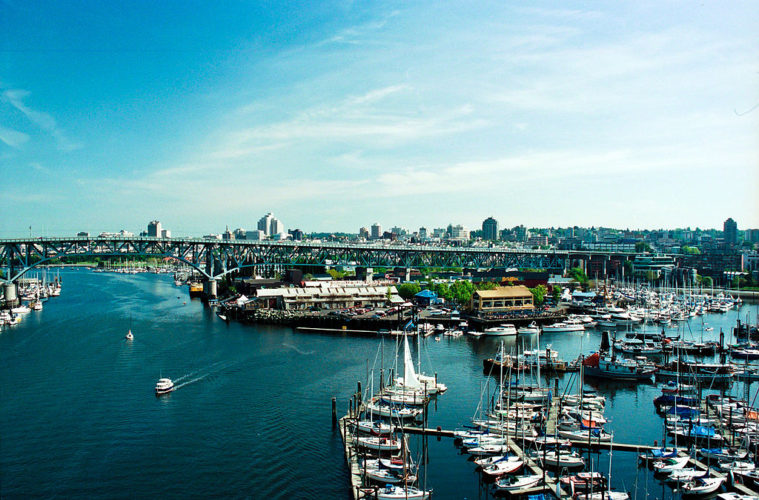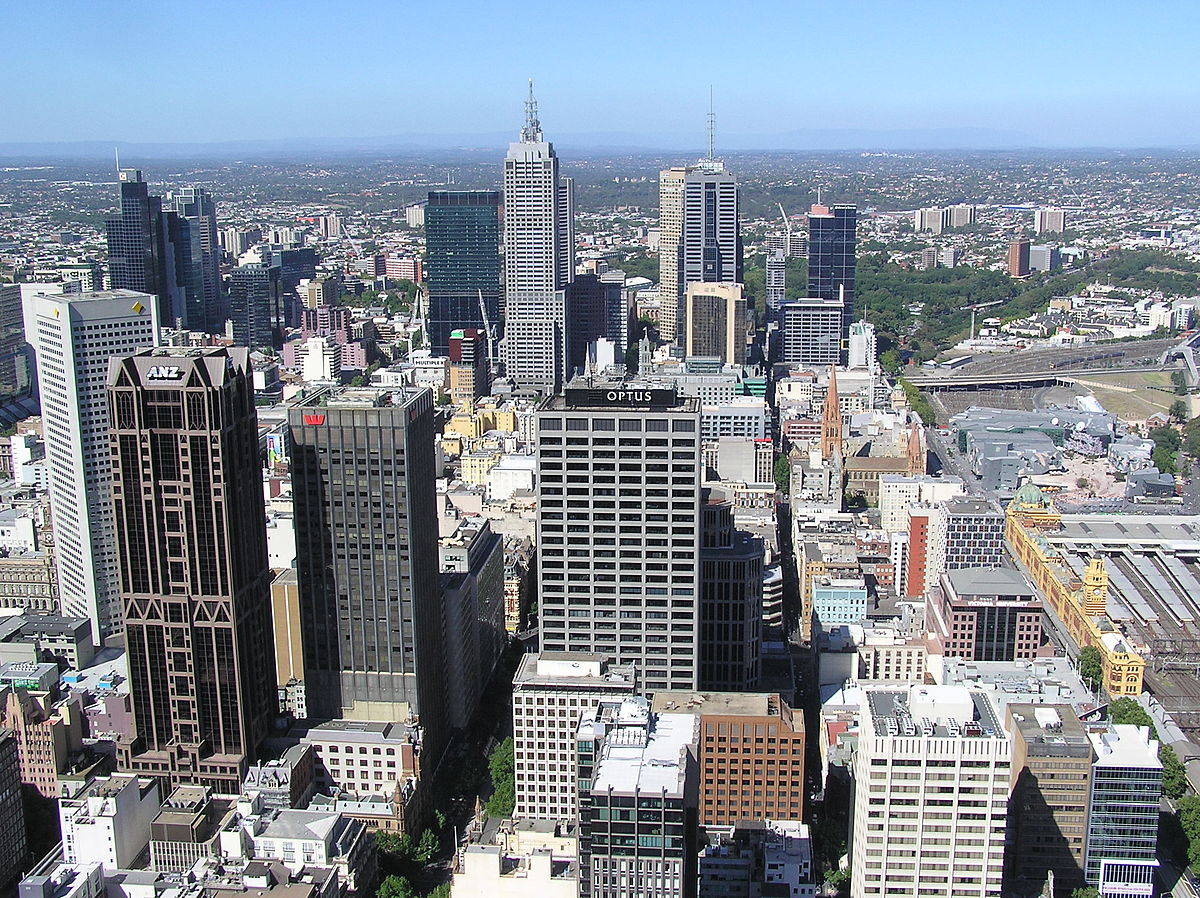Where do you want to live? Answers vary greatly because of personal preference or a need to be in one general location, however, most people agree on the basics. A stable, peaceful region would be the number one consideration. Most would want a city with a vibrant culture with lots of interesting things to do as well as a strong local economy. Then there is the convenience factor. A two-hour commute does not leave much time to enjoy a city’s cultural offerings, so the quality of roads and public transportation would also be a factor. Finally, no one wants to live in a city where it is difficult to get high quality health care.
You might think that the large cities, such as New York, Los Angeles, London, or Paris would make the grade of highly livable cities. They have great cultural offerings, people who love them, and enough public transportation so that owning a car is optional. Yet, their size opens them to problems that make them not so easy to deal with. They may have time-consuming commutes or have experienced serious terrorist incidents, which to some would make them unsuitable.
Here are three outstanding smaller choices: one in Australia, one in Europe, and one in North America. Need some more choices? A website covering today’s economy will tell you more about these cities and seven others, plus a range of money news today and every day.
Melbourne, Australia
The land down under is known for its residents’ relaxed approach to all things in life; an element that makes living in Australia very pleasant. There are a number of wonderful places in which to live in Australia and in the neighboring country of New Zealand. Melbourne, however, is widely considered the best place in this entire country of magnificent land and cityscapes. The first European to propose settlement in what would become Melbourne was a fellow named Batman and the city’s original name was Batmania. What is not to like about that?
In the modern age, Melbourne is known for its lively arts community and wonderful healthcare. It is located on Port Phillip Bay so the open ocean is nearby for recreation. The weather is temperate, averaging 25-26 degrees C. during the summer (December, January, and February) and rarely freezing in the winter (June, July, and August). The economy is highly diversified, as is the population. At fewer than five million people, Melbourne offers everything you would want in a city in a beautiful natural setting.
Vienna, Austria
Located centrally in Europe, Vienna provides easy access to cities all over, but if you love the arts and culture, you will be a long time exploring Vienna before feeling the need to branch out. Lovers of classical music will find both a history of music and numerous performances to enjoy; for example, Mozart wrote some of his finest compositions in Vienna, as did many other well-known composers. The famous Vienna Boys Choir performs regularly.
With a population of fewer than two million people, Vienna has a booming economy across a wide spectrum of enterprises, including services, industry, tourism, and commerce. Despite the age of the city, which extends back to 500BC, Vienna is very modern with a strong technology sector.
Vancouver, Canada
Do you need quick access to the US west coast? Vancouver, with all the amenities of a modern city and its proximity to breathtaking natural features, might be your best choice. It’s a two-and-a-half-hour drive to Seattle and a two-hour flight to LA. The summers are cool and the winters on average are not terribly cold.
Known as “Hollywood North,” Vancouver produces television and movies for California media companies. It is also the home of many video game producers, including Electronic Arts. The ocean is nearby and skiing is a little over an hour’s drive away.
While Vancouver’s population of 600,000 is dense, it has benefited from intentional planning that has left green spaces and made city life convenient and congenial. There is excellent mass transit and Vancouver has one of the best universities in the world, the University of British Columbia. The cost of living is high but there is a strong, multifaceted economy.
How to choose
With these three great options, you can decide the general region of the world you want to be in and pick the city closest to that area. Today’s travel and telecommute options make it possible for you to have a wide range of choices about where to live. Take advantage of twenty-first century freedom and set up your home in a comfortable place with many cultural opportunities, no matter what your interests are.



